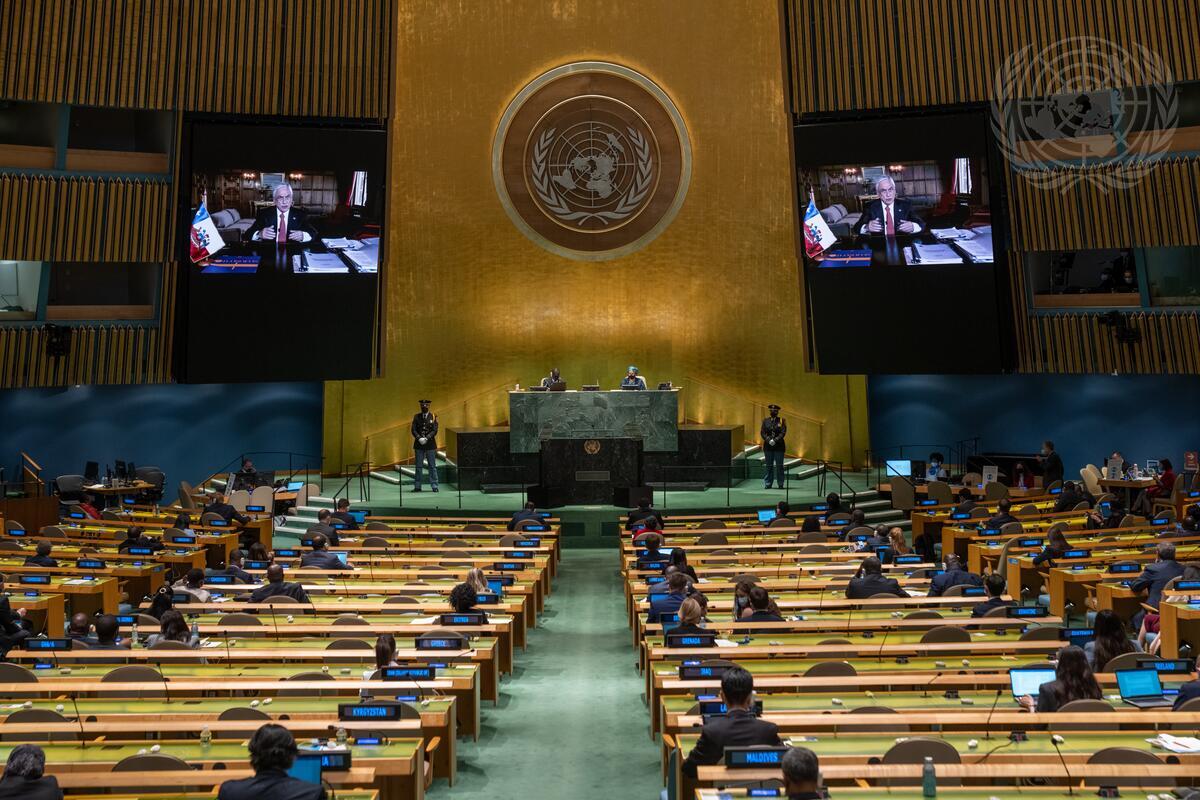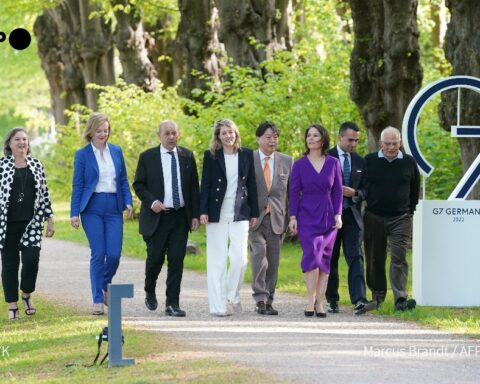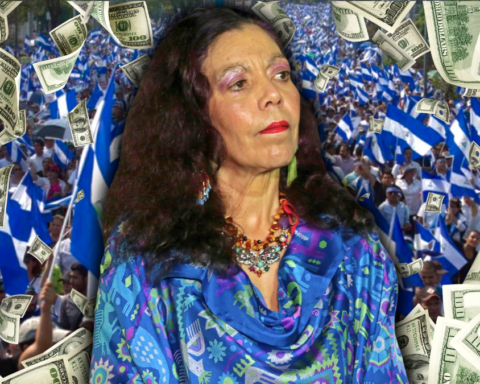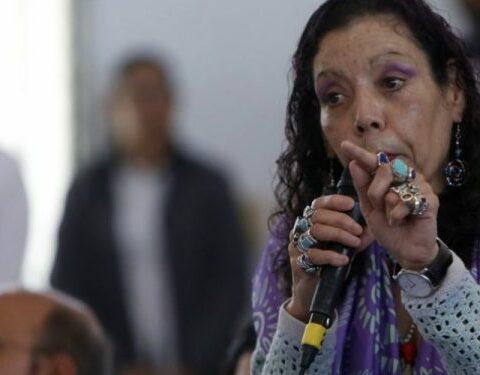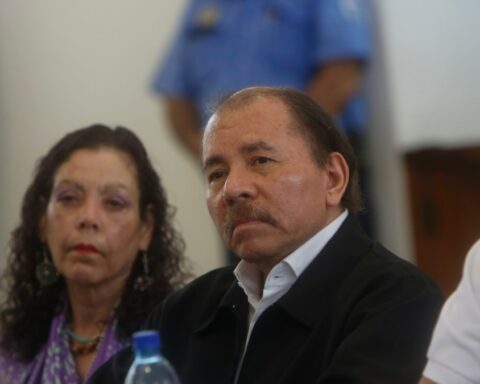The United Nations Human Rights Council approved this Thursday the resolution Promotion and Protection of Human Rights in Nicaragua, in which it establishes the creation of a mechanism of experts and independent organizations to investigate and promote the accountability of the Nicaraguan State, after more than three years of monitoring the serious human rights crisis in the country and three resolutions to support a peaceful solution.
The resolution that was presented by the delegation of Chile, with the support of Costa Rica, Chile, Colombia, Brazil, Ecuador, Paraguay, Peru, and Canada; it was finally approved with 20 votes in favor, 20 abstentions and 7 votes against.
Among the countries that voted in favor of the resolution are: Argentina, Mexico, Brazil, the United States, Paraguay, Germany, France and the United Kingdom. Meanwhile, the allies of the Daniel Ortega regime: Bolivia, Cuba, China, Honduras, Eritrea, Venezuela and the Russian Federation, did it against.
The Attorney General of the Republic, Wendy Moralesrejected the resolution on Nicaragua arguing that it is the product of an “instrumentalized valuation” and “derived from economic and political interests of the imperialist countries” that do not respect the self-determination of the peoples.
“We do not accept any resolution, update or report on human rights in Nicaragua because they lack objectivity and are covered by a clearly defined political and interventionist bias,” Morales said via video call.
However, the mechanism will be in force for one year and will be made up of a group of three human rights experts on Nicaragua, who will be appointed by the President of the Human Rights Council with the mandate to carry out exhaustive and independent investigations into the human rights violations committed in Nicaragua since April 2018 and its structural causes.
Likewise, the experts must collect, preserve and analyze the information and potential evidence; and – where possible – identify those responsible for such violations in order to promote accountability.
They will also issue recommendations to improve the human rights situation in the country, provide guidance on access to justice and accountability, for which they will collaborate with the Office of the High Commissioner, the State of Nicaragua, international human rights organizations human rights, relevant UN agencies and civil society.
Concern for political prisoners
In the resolution, the Human Rights Council also expresses “its grave alarm” at the death of the political prisoner Hugo Torres Jimenezon February 12, 2022, while he was in the custody of the Nicaraguan State.
It also condemns the arbitrary arrests —in the electoral context— of presidential hopefuls, political leaders, human rights defenders, businessmen, journalists, peasant and student leaders, and members of civil society organizations, and expresses its concern for the integrity of the political prisoners, detention conditions and health conditions.
For these reasons, the Council reminds the State of Nicaragua that the United Nations Minimum Rules for the Treatment of Prisoners (Nelson Mandela Rules), establish that disciplinary sanctions and restrictive measures will not include the prohibition of contact with the family and that contact with the family may only be restricted for a limited period and to the extent strictly necessary for the maintenance of security and order.
They also express “their grave concern” over reports of political trialswhich have been held without respect for due process, including the rights to be presumed innocent until proven guilty, to a fair and public hearing by a competent, independent and impartial tribunal, and to have adequate time and means to prepare the defense.
Optimistic advocates with resolve
After the resolution was approved, Colectivo 46/2 —a coalition of 21 international, regional and Nicaraguan human rights organizations— expressed its optimism with the work that international experts could carry out despite the fact that they do not have the approval of the Government of Nicaragua.
“Nicaragua has been immersed in a profound human rights crisis for more than four years, which has been analyzed in detail by the Human Rights Council. Four resolutions were adopted and the authorities have shown no intention of cooperating with the United Nations or the Inter-American human rights system,” said Vilma Núñez, president of the Nicaraguan Center for Human Rights (Cenidh).
Also, Ligia Gómez, from the Urnas Abiertas organization, stated that “in the midst of the repression and a co-opted justice systemwhich is a key part of the repression, the establishment of an accountability mechanism by the UN Council is the support that human rights organizations need to ensure truth, justice and reparation for the victims in a future justice process ”.
The creation of this mechanism occurs almost 4 years after the start of the protests in April 2018, at a time when the regime of Daniel Ortega and Rosario Murillo has intensified the persecution against opposition leaders and victims who demand justice without impunity.
For Juan Carlos Arce, from the Nicaraguan Never Again Human Rights Collective, “this mechanism is the result of the civic resistance of various actors, including the victims who have refused to remain silent in the face of the crimes committed by the State, the State itself. It is a tool for the defense of rights and the fight against impunity, as well as support for the victims. Without a doubt, this good news fills us with hope.”

